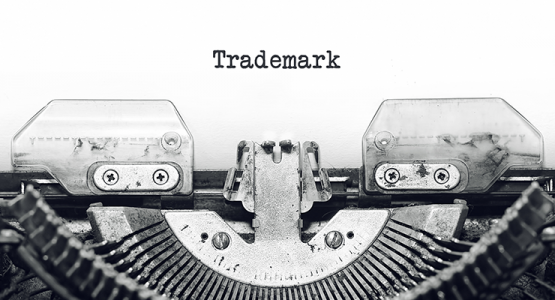
Written by Josh Gerben, originally published by IA Magazine
On top of everything you do as an insurance agent, you’re tasked with building the value and image of your brand. But if you’ve overlooked the important step of securing a federally registered trademark for your firm’s name, your agency is at risk.
Without the protection of a federal trademark registration, your brand is in jeopardy. Here’s what you need to know about the process.
What is a Trademark?
Simply put, a trademark is a name, word or symbol that represents a product or service offering.
Applying for and receiving a federally registered trademark grants you the presumption of exclusive legal rights to use federally registered brand elements, like your name, within your industry anywhere in the U.S.
If you want to ensure that you have legal recourse if another insurance business begins using the same — or a confusingly similar — name or other brand element, a registered trademark is the best legal way to do so.
For most small firms, the agency name tends to be the most important brand element. After all, clients share your name with friends to recommend your services, or they search for your name when seeking insurance solutions online.
If your budget is an issue, file for trademark registration on your business name only, and leave other brand elements like your logo and slogan for another time.
Why does it matter?
Imagine that your insurance agency, Mellins Insurance and Associates, has been in business for three years, and you’re beginning to gain a solid client base with great referrals and online reviews. All is going smoothly until you see local ads appearing on television for Mellens Insurance, which recently opened just across the border from you in a neighboring county.
With such similar names, it’s easy to see how your customers could become confused and end up doing business with your competition when they intended to spend their money with you.
Now, imagine the local news reports that Mellens Insurance is under investigation for fraud. Your business would certainly feel the hit!
The ideal way to approach this kind of situation would depend on whether you own a federally registered trademark to the “Mellins Insurance and Associates” name.
If you own the federal trademark, it’s not only your legal right but your obligation to stop other insurance businesses from using a name that clients might find confusingly similar. Your attorney would work with you to contact Mellins Insurance’s owners to alert them to their infringement and demand that it ceases.
If you do not own a trademark, your options are less straightforward.
You may request that Mellens Insurance change their name, but without the power of a federal registration behind you, convincing the infringer to do so will be much more difficult. If they refuse and you take them to court — based on a theory of common law trademark infringement — proving that you should have rights to the name would be much more challenging and expensive than if you had the federal registration.
Choosing a unique trademark name
General rule of thumb when it comes to names and trademarks: The more unique the name, the broader the level of trademark protection for which you’ll be eligible.
Names that are fanciful or completely made up will receive the highest level of protection, while names that are merely descriptive will offer a narrower level of protection.
You have two options for registering your trademark application:
-
The Principal Register, which provides the presumption of national exclusive rights to your trademark within your industry.
? -
The Supplemental Register, which does not provide such a presumption, but allows the holder to use the circle-R mark next to registered elements. This difference typically makes trademarks registered on the Supplemental Register more difficult to enforce.
Note that in most cases, using a surname or last name in your trademark name means that your registration will end up on the Supplemental Register unless your business has been operational for more than five years.
Now that you have a clearer understanding of what a trademark is and why they’re important, it’s up to you to take action to protect your brand. Work with your attorney to apply for protection of your name.
By making the trademark process a priority, you protect the brand and reputation you’ve worked so hard to build.
Josh Gerben is a trademark attorney whose trademark registration practice Gerben Law Firm has secured more than 3,500 trademarks for clients since 2008. Gerben was named one of 2016’s Top 10 trademark filers in the US by World Trademark Review.






